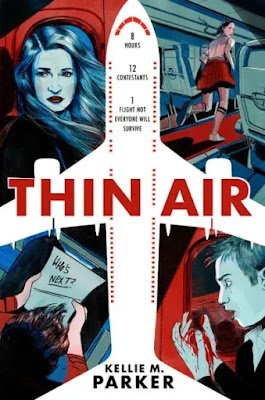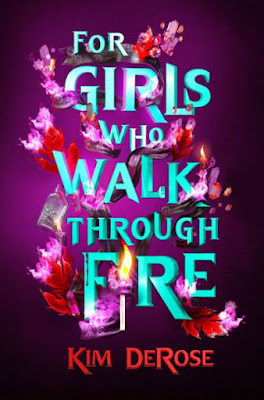Amy Crider
Born in Ohio in 1961 and raised in rural upstate New York, Amy Crider earned a BA in theater from Goddard College, then an MA in education, and didn't return to theater again until moving to Chicago in the 2000s, starting with the writing  program at Second City. She spent ten years with Chicago Dramatists, capping her studies in their first Master Class.
program at Second City. She spent ten years with Chicago Dramatists, capping her studies in their first Master Class.
One of the few writers who has won awards for both fiction and drama, her childhood during the trauma and violence of the 1960s launched her lifelong desire to inspire audiences toward redemption, courage, and compassion.
Crider's latest novel is Kells: a novel of the eighth century.
My Q&A with the author:
How much work does your title do to take readers into the story?Visit Amy Crider's website.
I struggled with the title of my novel Kells: a novel of the eighth century. The novel is about the creation of the Book of Kells, but it was not known as the Book of Kells at that time. The monks weren’t living at Kells then, they moved there later. I wanted to keep Kells in the title to make clear this is the Book of Kells, and I tried some variations such as Kells: the Gospel of Columba, as well as The Pen of God. I rejected those because it made my novel sound more religious than it is. My editor decided the title we used worked well enough.
What's in a name?
I read 50 books to research this novel. The very first book I read, Fury of the Northmen, mentioned that in the annals of the monastery of Iona, which is mostly a log of who died when, there is mentioned the death of Connachtach around 800 AD, and they note he was a “master scribe.” I immediately thought: Wow, this could be the guy, the chief scribe of the Book of Kells! So I had to write his story.
How surprised would your teenage reader self be by your new novel?
My teenage self wouldn’t be surprised. I was always interested in writing historical fiction, even in high school. Maybe, though, she’d be surprised at how long it took. I was ambitious and thought I’d find success at a young age. And now I’m 62. Better late than never!
Do you find it harder to write beginnings or endings? Which do you change more?
I struggle with endings more. This is true of both my fiction and my playwriting. Even though I usually know how the story will end,I do revise endings more than beginnings.
Do you see much of yourself in your characters? Do they have any connection to your personality, or are they a world apart?
I definitely put myself in my characters. With Connachtach, I wanted to subvert the expectation that he would be some conservative, religious monk. Connachtach is an artist before anything else, struggling with his ego, which I call “pride” in the novel. I depicted to some degree my own struggles with my ambition and ego.
What non-literary inspirations have influenced your writing?
For Kells, I was captivated by medieval art. What monk created in this era are known as “illuminated manuscripts,” lavishly illustrated. They were called “illuminations” because they were like light shining through a stained glass window. Once when I was showing some of this artwork to a teenager, he asked if the monks were doing drugs. That’s how fantastical this art is. For my research I took a Celtic art class and learned how to do that tricky interlace pattern. It’s amazing stuff. I also love medieval music and Celtic folk music.
--Marshal Zeringue






























